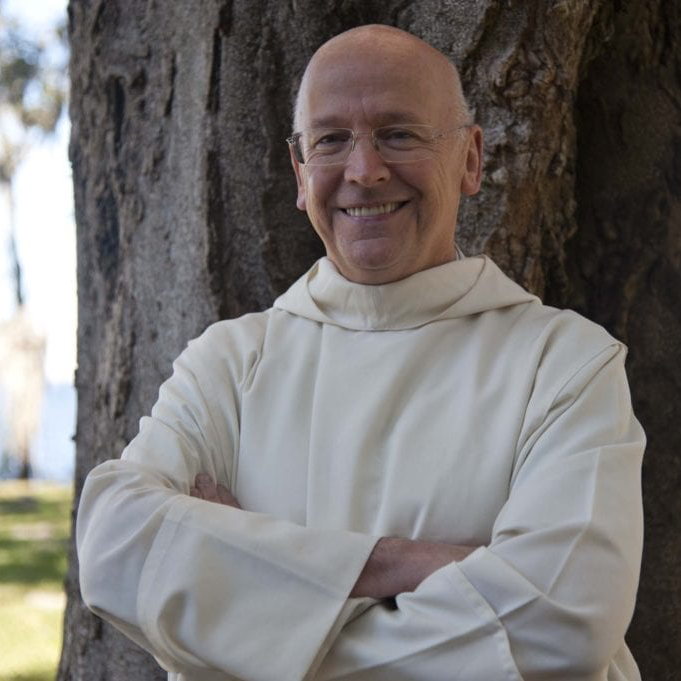In this interview series, the participants of the first Science & Wisdom LIVE dialogue explore the theme of Destructive Emotions. This week we share the thoughts and insights of Father Laurence Freeman OSB, a Catholic priest and a Benedictine monk of the Monastery of Sta Maria di Pilastrello, Italy, and the Director of the World Community for Christian Meditation.
An Interview with Father Laurence Freeman
“Certainly, a negative emotion, once aroused, distorts reality – primarily by placing the centre of consciousness in the desire-realm of the ego.”
What are destructive emotions? Can you give an example of how they affect our well-being?
On this, I follow the schema of the Desert tradition of early Christian monasticism that identifies eight principal faults “ with obvious parallels to the ‘negative afflictions’ in Buddhism“ i.e., gluttony, lust, avarice, anger, despair, acedia, vanity, pride. This schema evolved into the ‘seven deadly sins’ of Catholic teaching, but the original monastic wisdom saw them as inherent human faults that required wise diagnosis and a healing discipline.
Wisdom and gentleness are needed to identify the patterns of interaction they form, and the remedies proposed for them represent a holistic approach to the spiritual path. For example, avarice refers to an imaginary desire to acquire more than is right or necessary. Undiagnosed, this can lead to gluttony, which is excessive physical consumption. This connection is found in patterns of addiction, but also in our environmental crisis.
How does our perception of reality influence our emotions? Could you give an example that draws upon a contemporary problem?
Chicken and egg! Negative emotions have a mysterious origin. Maybe it is an inevitable consequence of our evolution from the animal to the human and the ways in which consciousness, instinct and will interact and overlap.
Certainly, a negative emotion, once aroused, distorts reality – primarily by placing the centre of consciousness in the desire-realm of the ego. We see the world revolving around us. Without intervention and correction this leads to the most destructive consequences of egotism and narcissism. The contemporary increase in depression and mental illness arising from excessive isolation and loneliness is an obvious example.
“A good place to start is with the use of time, advising people how to structure their daily life in a way that respects the different dimensions and needs of their humanity – physical, mental and spiritual.”
How could contemplative practices help us tackle destructive emotions, and develop a positive vision of reality to face challenges like the Covid-19 pandemic?
The primary tools are compassion, non-judgemental advice respecting the individual’s freedom, friendship and community, and training in discipline. In the present crisis life has been disrupted at all levels. Depression, addiction and self-harmful thinking and behaviour can ensue from this.
A good place to start is with the use of time, advising people how to structure their daily life in a way that respects the different dimensions and needs of their humanity – physical, mental and spiritual. Helping people to start, revive or deepen their meditation practice through online encounters and meditating with others is a successful approach which is helping many regain their inner harmony, acceptance of reality and a clarity of judgement that recognises we have to live with a higher than usual degree of uncertainty for the foreseeable future.
“Contemplatives of all traditions need to collaborate and propose a new vision of humanity and of reality itself in order to generate hope and courage.”
What are the most pressing issues related to destructive emotions and distorted perceptions? Which obstacles would science and contemplative traditions need to overcome in order to tackle them?
The obstacles involved are those referred to above. The current situation feels like the first wave of an escalating and multi-dimensional crisis which will present radical challenges to humanity as a family. This crisis demands we act in unity, not from the pride of competing nationalisms or corporate greed.
Contemplatives of all traditions need to collaborate and propose a new vision of humanity and of reality itself in order to generate hope and courage. The alternative will be a self-degradation of humanity, which we have begun to see in predictions of human self-re-engineering, or surrender to the dominance of artificial intelligence – two options that represent an evasion of the challenge and opportunity we are facing.
How would you describe the following terms, in just one sentence?
Meditation/Mindfulness: Mindfulness prepares for meditation by the careful turning of attention to our own negative patterns. Meditation propels us lovingly out of the orbit of our self-consciousness by training us to take the attention off ourselves.
Ethical learning: Pressing into the realm of unknowing guided by beauty, and by a love of truth and of our neighbour.
Emotional education: Learning how to suffer and to practise compassion from the depth of wakefulness which this will lead to so that we can celebrate with others the paradoxes of our human condition and the gift of life.
On the 11th of November, Fr. Laurence Freeman will join Geshe Tenzin Namdak, Dr. Elena Antonova and Dr. Wendy Hasenkamp, to discuss how scientific research and meditation techniques can help us deal with destructive emotions in these challenging times.
Please join this Science & Wisdom Live dialogue on Zoom on the 11th of November, 7pm GMT (UK Time). *Reserve your tickets here!*



